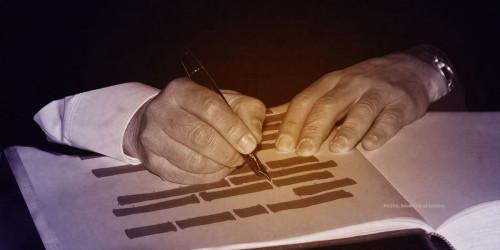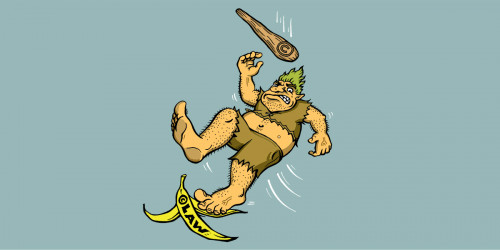One potential consequence of the MGM v. Grokster ruling may be an uptick in courts deciding fair use cases involving personal, noncommercial activities like "time-shifting" and "space-shifting."
A variety of new digital technologies are advertised and promoted for uses that the technology vendors believe to be fair uses. For example, Time Trax promotes its technology for recording satellite radio, Mercora for recording music from webcasts, and Sling Media for transmitting your TiVo'd TV shows to yourself over the Internet. All maintain that these personal, noncommercial, nontranformative uses of copyrighted works fall within the scope of fair use. No court, however, has ever weighed in on these (or virtually any other) personal digital fair uses.
If these innovators are wrong on the fair use score, however, are they all liable for inducement? To put it another way, the Supreme Court's ruling may put "fair use technology companies" in the position of having to litigate, and win, the fair use question on behalf of their customers in order to resist an inducement charge. That's an expensive burden to foist on these companies.
Notice that this is different from the situation that technology companies face when addressing contributory infringement claims. According to the Supreme Court in the Betamax case, it is enough if any use satisfies the "capable of substantial noninfringing uses" test (whatever that may mean).
So what happens if you are sued for inducement, and a court decides that your advertised use is not actually a fair use? Do statutory damages wipe out both the product and the company?
In other words, is it inducement if you reasonably, but incorrectly, believed that the use for which you promoted your product was covered by fair use (or any other copyright exception)? Hopefully the courts (or Congress) will find or fashion a safe harbor like this. But till then, like a Russian doll, a nested fair use case may be discovered in many an inducement case.








